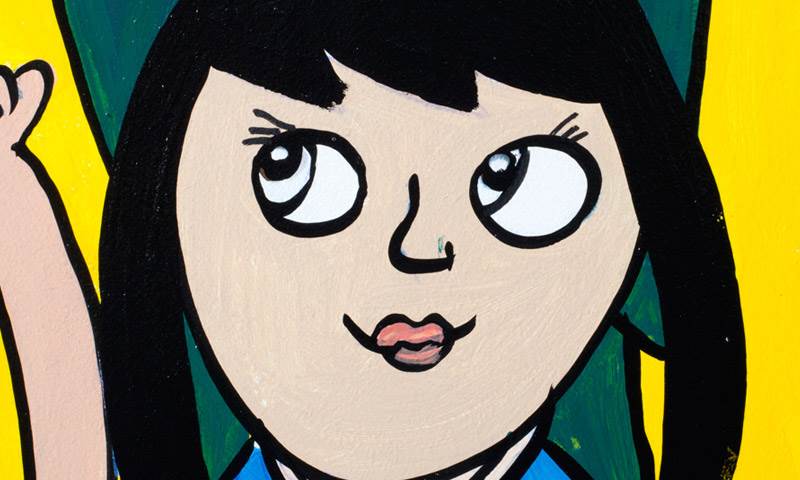Our website uses Cookies - by using this site or closing this message you're agreeing to our Terms & Conditions, Cookie Policy and Privacy Policy
xCOVID-19 and its impact on child marriage
Date: 22nd September 2020
Category:
Civil Rights and Freedoms, Child poverty, Right to life, survival and development, Best interests of the child

COVID-19 has caused delays to programmes aimed at ending child marriage and increased economic hardship. Together these factors are expected to lead to an estimated 13 million child marriages over the next 10 years, impacting girls’ rights to protection from abuse, health, an adequate standard of living and right to education.
These estimates were produced by the United Nations Population Fund in collaboration with Avenir Health, Johns Hopkins University and Victoria University. Organisations across the globe have cited data which echoes these predictions. The following factors are likely to contribute to an increase in child marriage:
Economic fallout from COVID-19: This can create additional pressures on families. Girls may be pressured into marriage to alleviate the perceived burden of caring for them.
School closures: Education offers the ability to challenge gender stereotypes and boost equality, without which this safety net for many girls is removed.
Breakdown of family and community structures- The breakdown of social networks and displacement can heighten families’ and communities’ desire to control girls’ sexuality and protect their 'honour'. Parents might marry their daughters out of fear of pre-marital pregnancy or relationships. These risks can be greater in camps where girls are exposed to a different environment than their previous community.
- Read more here.
